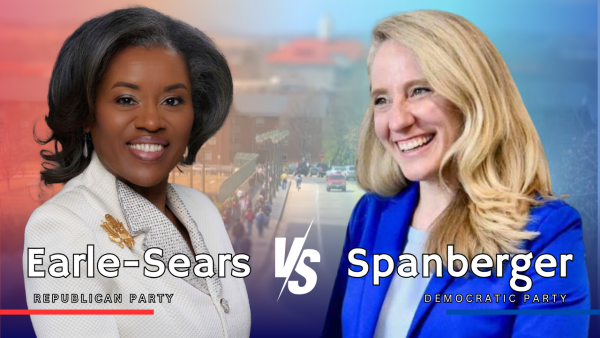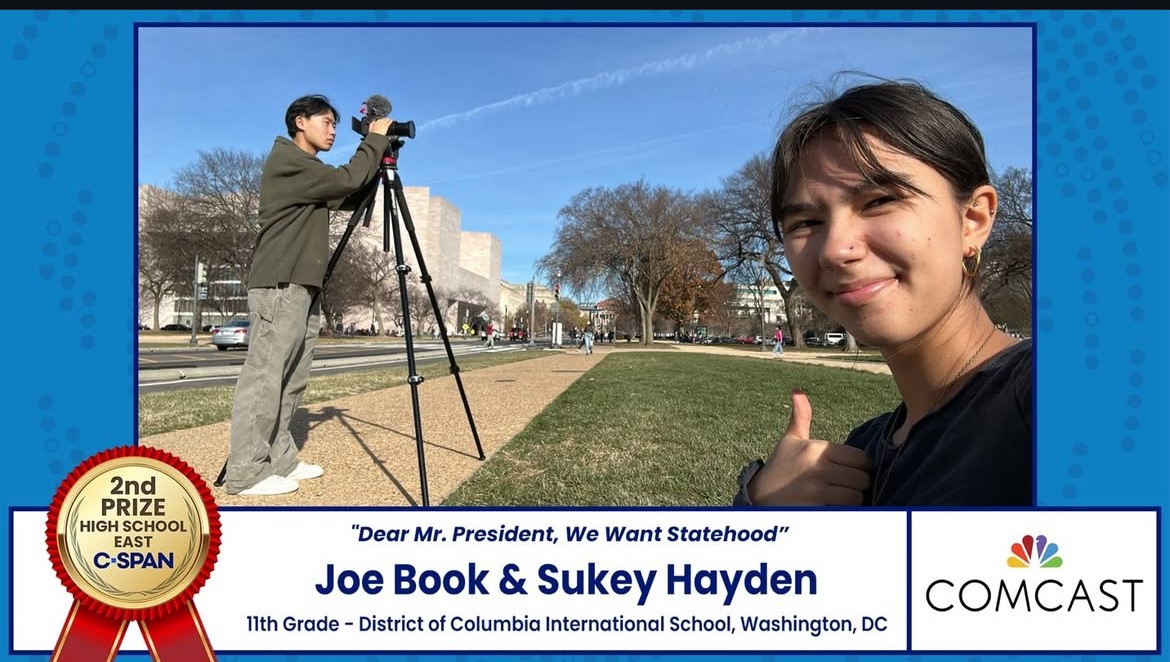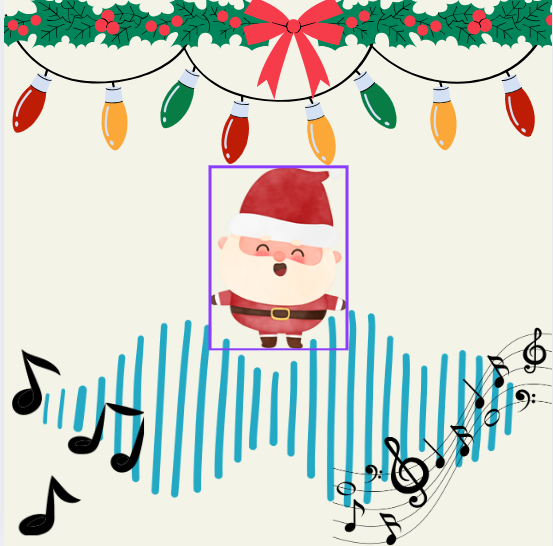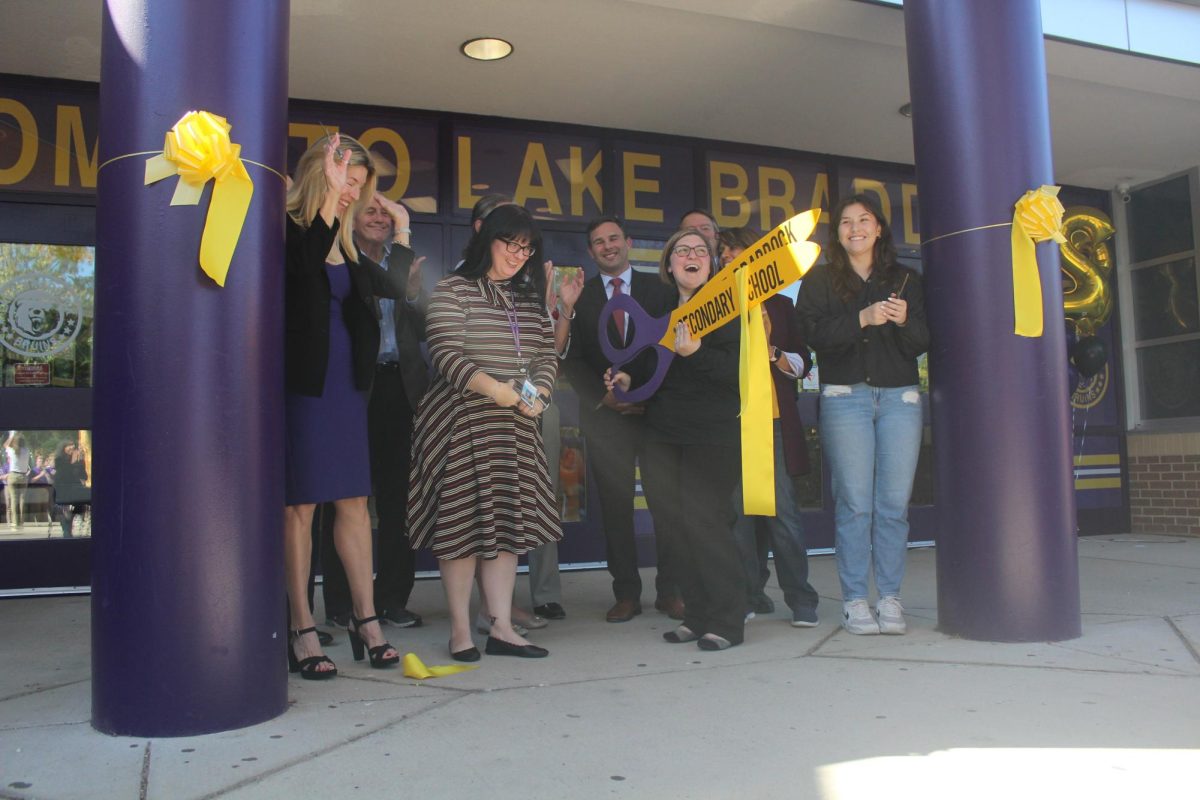As young voters have the chance to take advantage of their role in democracy, Virginia’s Gubernatorial election is to be a historic one: we have two women competing for the title of Governor for the first time. But how much does the average high school student actually know about current political events? A 2025 study by the Institute for Citizens and Scholars showed that 44% of teens reported not following US politics at all, with 33% of 18-24 year old eligible voters not planning to vote. How does this make sense when, on average, 57% of young adults are dissatisfied with American democracy? According to Government teacher, Erin Fisher, “If you want to change something, get out there and voice your opinion.” The best way for young voters to get involved in democracy is this year’s gubernatorial election on Nov. 4.
Everything that senior Emma Cajchun knows about the election comes from news shows she watches at school and articles sent to her by her mother. She heavily considers how both candidates are women, saying, “As a woman, I believe registering to vote is such an important thing. Our past women fought so hard for us to have the right to vote.”
Even though today’s political sides are so polarized, she believes the fact that both candidates are women is a huge step for our state. “If you have the ability and the voice to vote, you should use it. It’s everything the United States stands for,” she said. She believes that, regardless of political affiliation, this election is one she’d be proud to be a part of. Though, in particular, she recognized the Democratic candidate, Abigail Spanberger, a former US Representative, for her focus on Virginia schools. Having children in the VA school system, Spanberger believes students and parents should receive the best education, and plans to work towards better school funding and proper teacher training, as explained on her website. She also hopes to support the quality of schools in the long run and address the rising costs of education. She described how the idea of more representation is exciting, as recent changes to our school, including the phone policy and weapons detection, are leaving some students feeling uneasy. “I just hope the candidates plan to represent children better; many don’t have a say,” Cajchun said.
Fisher recognizes common political issues discussed in her class and stays updated on information about both candidates. She also motivates eligible students to apply to vote, saying, “Elections matter. Elections shape our daily lives through the implementation of policies and tell our candidates what the voters want.” She believes it is imperative to understand the government under which we live under and how it affects us, and voting is the way we keep helping our democracy to flourish. Fisher makes a point to inform all of her students of election details, naming Ballotpedia as a helpful resource for research. As a final word of encouragement, Fisher said, “If we choose not to vote, we have given the power to someone else to choose for us.” Voting is critical for our democracy to survive; not only is it encouraged for eligible students to vote, but our responsibility as citizens.





